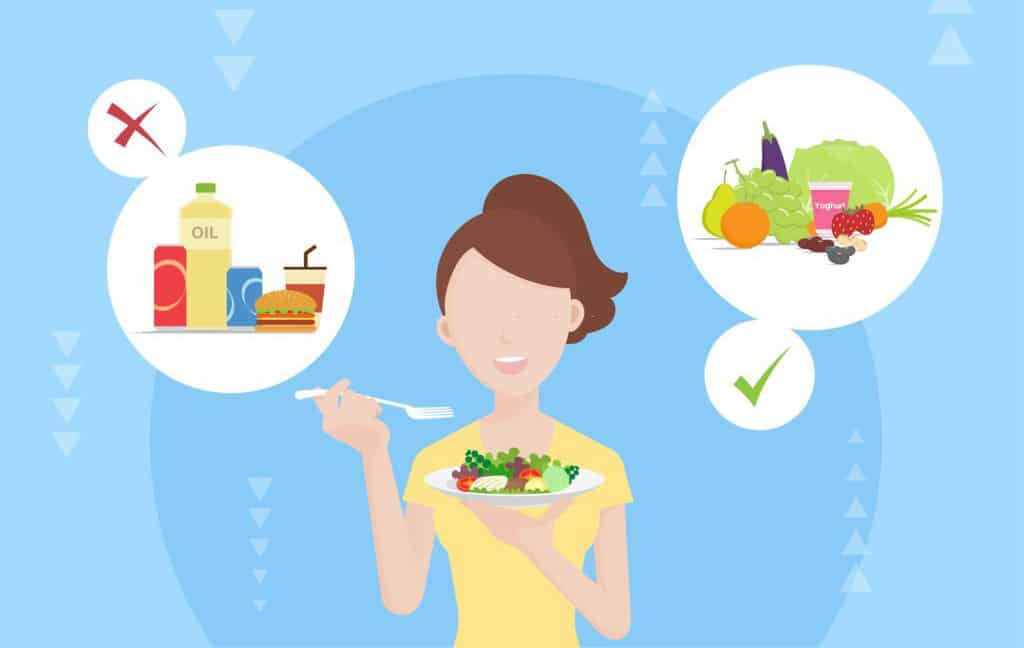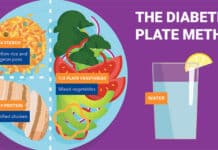If you want to be healthy, lose weight effortlessly, and slow down the aging process, a diet rich in whole foods will do more for reaching those goals than any shake, pill, potion, or lotion.
Whole foods to humans are like sunlight and water to plants. Vitality and wellness simply aren't possible without them.
Here is a list of powerhouse foods you definitely should be eating for longevity and good living.
Powerhouse Food #1: Eggs
It's unfortunate that eggs were ever vilified as being unhealthy. They are one of nature's perfect foods.
When high cholesterol became an epidemic, an uninformed medical community advised the public to stop eating eggs because of their high cholesterol content. This recommendation was made without any supporting data or scientific backing. It was based purely on conjecture.
According to Harvard studies published in the American Medical Association, the cholesterol found in whole food has no bearing on the serum cholesterol in your blood.
Our previous article explains why we need cholesterol, what causes our cholesterol numbers to become too high, and how to reverse high cholesterol naturally.
Aside from being an excellent source of protein and all essential amino acids, eggs provide vitamins and minerals that fight cancer, support healthy function of the brain, immune system, and eyes, and help prevent blood clots, strokes, and heart attacks. Eggs are also one of the few foods that contain naturally occurring Vitamin D.
The fat and cholesterol in eggs are both healthy sources, so don't let debunked theories scare you into avoiding this nutritional powerhouse.
Definitely buy organic, but also try your best to get eggs from hens raised in a pasture. A local farmer's market would most likely be your best source.
Powerhouse Food #2: Liver
I have a personal hatred for a liver that dates back to my childhood. I can remember thinking it was just about the hideous substance ever created.
Nevertheless, I grew up in a household in which we were required to ask to be excused from the dinner table, so if your plate wasn't clean, you weren't going anywhere. This made liver night particularly traumatizing.
Despite the emotional wounds I've suffered at the hands (?) of the liver (yes, I'm being dramatic), it's the most nutrient-dense food on the planet.
Animal livers contain an abundance of protein, B vitamins, folic acid, iron, and CoQ10, which is an antioxidant important for proper heart function.
Because of the concentrated nutrition in pretty much all animal livers (bison, buffalo, chicken, goose, lamb, duck, veal, and goat), you can easily go beyond daily recommendations for some vitamins.
For this reason, it's best to limit liver consumption to a couple of ounces once or twice a week, but it's a definite powerhouse that you shouldn't overlook.
Powerhouse Food #3: Coconut
Coconut is one of nature's miracle creations, and its versatility is just as impressive as its nutritional content. Coconuts are a fantastic source of protein, carbohydrates, fat, fiber, and dozens of other vitamins and minerals.
Coconut water is one of the most nutritious forms of hydration on Earth. It's non-toxic, packed with electrolytes and vitamins, and the only kind of sports drink you'll ever need.
Young coconuts are white and have a triangular top. You can actually hear the water sloshing around inside if you shake one. The younger the coconut, the sweeter the taste, and you can literally just chop off the top, insert a straw, and start sipping. The white “meat” inside can also be scooped out with a spoon and eaten raw or used in cooking.
On the other hand, coconut milk is artificial and produced by mixing coconut meat and water together. It is just as wonderfully nutritious as coconut water and has the added benefit of including more of the meat in the end product.
As far as cooking oils are concerned, extra virgin olive oil is a great alternative, but virgin coconut oil is our first choice.
Coconut oil is considered as a healthy source of saturated fats. It has been shown to help protect the liver against chemical toxins, normalize blood lipids, and balance blood sugar and insulin levels.
It also has antiviral and antibacterial properties and is effective in preventing kidney and gallbladder disease.
Coconut Butter is made by mixing coconut oil and coconut meat into a creamy texture that is easy to spread.
This stuff is absolutely delicious and addicting. You can simply eat it with a spoon or use it as a substitute for dairy when cooking dishes at moderate to low heat.
As always, the more something is processed, the less “natural” and more toxic it becomes, so use coconut products liberally but in an unprocessed state.
Powerhouse Food #4: Blue Foods
Bright and colorful fruits and vegetables are known for having all kinds of great nutrients that are hard to pronounce.
They are loaded with things like phytonutrients, polyphenols, and flavonoids, which is why everyone should be eating as wide a variety of them as possible.
As important as all fruits and vegetables are, however, none have been studied and praised as highly as those which are blue and purple in color.
“Blue” foods have been shown to have properties necessary for fighting cancer, inflammation, and hardening of the arteries.
So load up on blueberries, raspberries, purple grapes, blackberries, red lettuce, purple cabbage, eggplant, plums, beets, and anything else you can find in the produce section matching those hues.
Powerhouse Food #5: Brazil Nuts
Brazil nuts are the absolute best source of selenium, an essential mineral absent in most diets.
It's critical for thyroid and immune function, the manufacturing of antioxidants, and the synthesis of sex hormones.
Getting your daily intake of selenium is as easy as eating a few of these every day.
Powerhouse Food #6: Shellfish
Oysters are a total superstar here and the best dietary source of zinc. 3 or 4 of these, eaten raw and alive, provide generous amounts of B vitamins, Vitamin A, Vitamin E, folate, and selenium, as well as a good balance of protein, fat, carbohydrates, and omega 3s.
If the thought of swallowing one of these suckers alive creeps you out, canned oysters are also an acceptable option.
Mussels are another great source of B vitamins, selenium, folate, and omega 3s, but also magnesium and manganese.
Other types of shellfish can certainly provide varying amounts of good nutrition, but these two are #1 and #2 in my book. Include them in your diet regularly.
We generally recommend people stay away from farm-raised fish, but these farm-raised shellfish mostly live in a natural environment with the same water and food as their native habitat.
When it comes to good nutrition, variety is all-important. Work these not-so-common foods into your diet for nutrients you may be lacking.
Bon Appetit!






